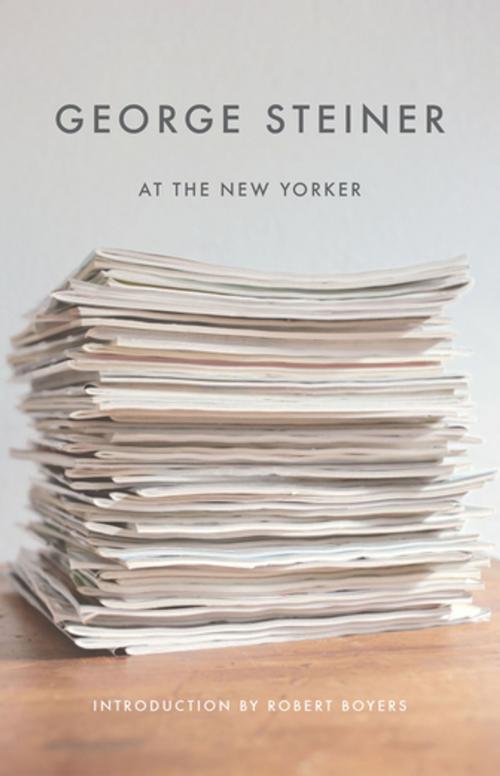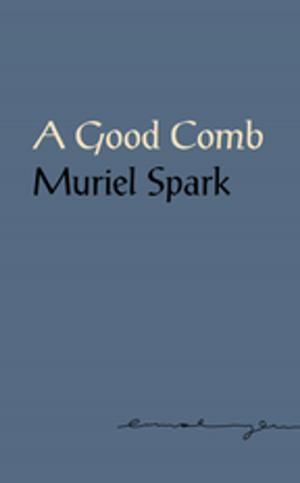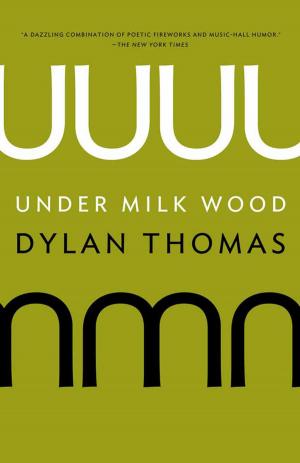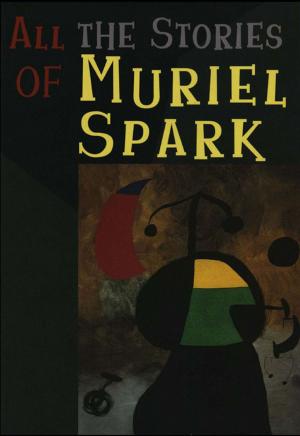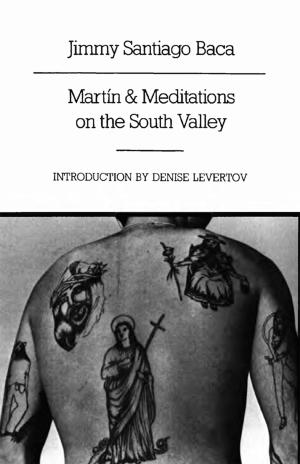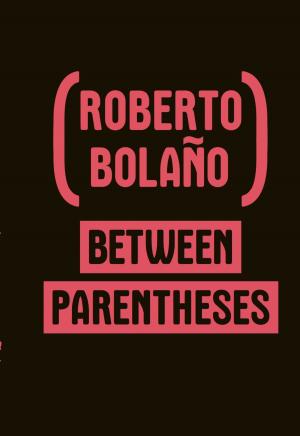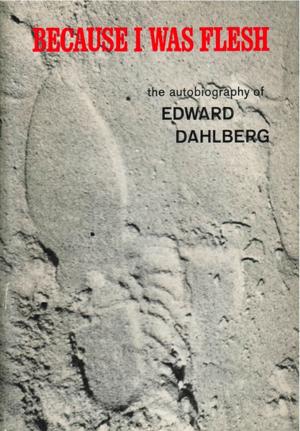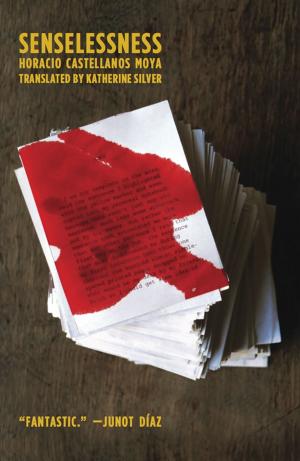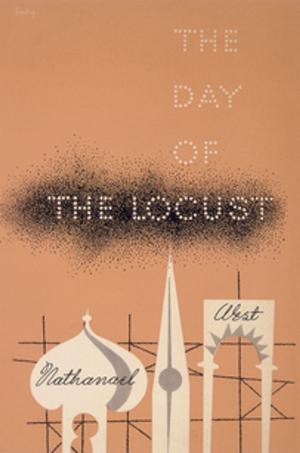| Author: | George Steiner | ISBN: | 9780811221658 |
| Publisher: | New Directions | Publication: | January 30, 2009 |
| Imprint: | New Directions | Language: | English |
| Author: | George Steiner |
| ISBN: | 9780811221658 |
| Publisher: | New Directions |
| Publication: | January 30, 2009 |
| Imprint: | New Directions |
| Language: | English |
An education in a portmanteau: George Steiner at The New Yorker collects his best work from his more than 150 pieces for the magazine.
Between 1967 and 1997, George Steiner wrote more than 130 pieces on a great range of topics for The New Yorker, making new books, difficult ideas, and unfamiliar subjects seem compelling not only to intellectuals but to “the common reader.” He possesses a famously dazzling mind: paganism, the Dutch Renaissance, children’s games, war-time Britain, Hitler’s bunker, and chivalry attract his interest as much as Levi-Strauss, Cellini, Bernhard, Chardin, Mandelstam, Kafka, Cardinal Newman, Verdi, Gogol, Borges, Brecht, Wittgenstein, Chomsky, and art historian/spy Anthony Blunt. Steiner makes an ideal guide from the Risorgimento in Italy to the literature of the Gulag, from the history of chess to the enduring importance of George Orwell. Again and again everything Steiner looks at in his New Yorker essays is made to bristle with some genuine prospect of turning out to be freshly thrilling or surprising.
An education in a portmanteau: George Steiner at The New Yorker collects his best work from his more than 150 pieces for the magazine.
Between 1967 and 1997, George Steiner wrote more than 130 pieces on a great range of topics for The New Yorker, making new books, difficult ideas, and unfamiliar subjects seem compelling not only to intellectuals but to “the common reader.” He possesses a famously dazzling mind: paganism, the Dutch Renaissance, children’s games, war-time Britain, Hitler’s bunker, and chivalry attract his interest as much as Levi-Strauss, Cellini, Bernhard, Chardin, Mandelstam, Kafka, Cardinal Newman, Verdi, Gogol, Borges, Brecht, Wittgenstein, Chomsky, and art historian/spy Anthony Blunt. Steiner makes an ideal guide from the Risorgimento in Italy to the literature of the Gulag, from the history of chess to the enduring importance of George Orwell. Again and again everything Steiner looks at in his New Yorker essays is made to bristle with some genuine prospect of turning out to be freshly thrilling or surprising.
